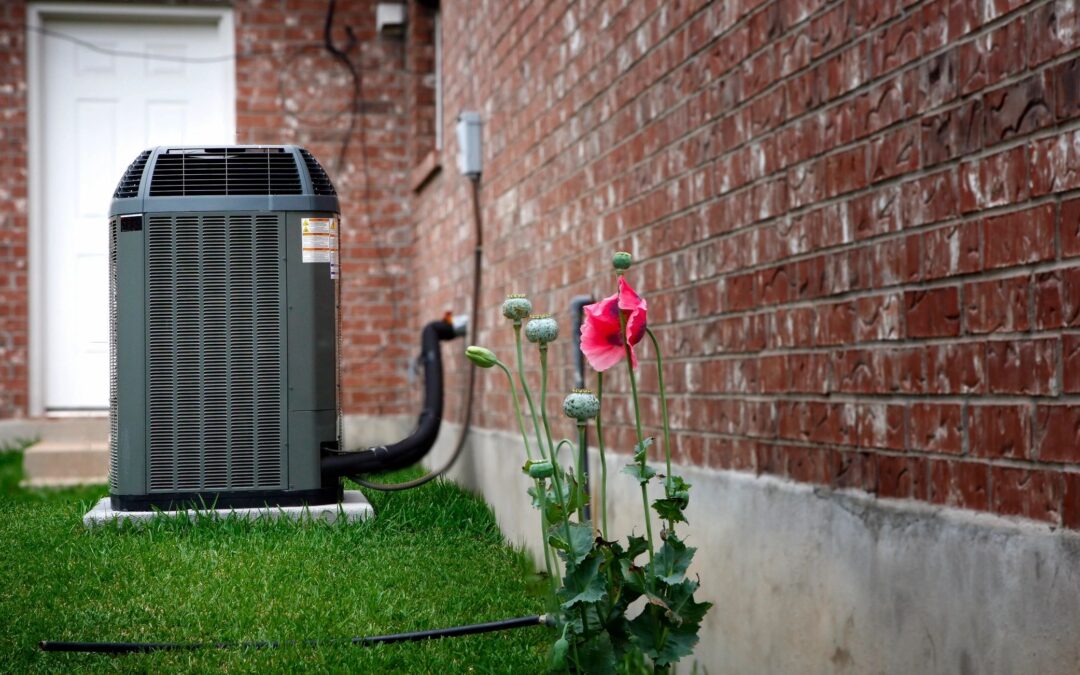The HVAC industry will be moving towards sustainable, energy-efficient improvements in 2023. These changes in regulations may not immediately impact your home. However, it is vital to understand the impact the changes could have.
SEER REGULATION CHANGES
Starting January 1, 2023, the Department of Energy increased the minimum SEER efficiencies for central air conditioners and heat pumps. For air conditioners in the South, the minimum efficiency will increase from 14.0 to 15.0 SEER under today’s test procedure.
SEER stands for seasonal energy efficiency ratio, which measures an air conditioner’s electrical energy consumption compared to the cooling output. The higher the SEER rating is, the more efficient the air conditioning system is.
How does this impact homeowners?
The efficiency updates will require the new HVAC systems to utilize less energy to work efficiently, leading to lower energy costs and more sustainability, which roughly translates to energy savings & longer lifespan!
AC REFRIGERANT REGULATIONS
Air conditioning systems require refrigerant, a gas responsible for kick-starting your home’s HVAC system’s cooling and heating process. Depending on the age of your HVAC system, you might have either R-22 Freon or R-410A Refrigerant.
Unfortunately, the regulation of refrigerants has been a great source of uncertainty in the HVAC industry. This is due to carbon emissions and their potential contribution to climate change. For this reason, the industry slowly started to move away from R-22 Freon to R-410A refrigerant. However, in 2023, the Environmental Protection Agency will most likely move to a class of refrigerants called A2L.
A2L Refrigerant has a lower global warming potential, and most HVAC manufacturers have already started designing technology that will accommodate this new refrigerant.
How does this impact homeowners?
The cost of R-22 Freon has increased after the introduction of R-410A Refrigerant due to the limited availability. After introducing A2L, there will likely be a price increase for R-22 and R-410. Anyone who owns and operates air conditioning systems using R-22 and R-410A will need to weigh their options of bearing the increasing refrigerant costs or upgrading to a newer HVAC system.
Dallas real estate agents should know the potential impact on their clients, especially those purchasing homes with air conditioning systems installed before 2015.
Are there any benefits or downsides to the new HVAC Regulations?
Like most industry changes, the new HVAC regulations implement sustainability and a positive environmental impact.
Society relies heavily on our HVAC systems to stay comfortable, especially during the Texas Summer Heat. Unfortunately, HVAC equipment like gas furnaces and central air conditioners require a lot of electricity to operate. Doing so creates carbon dioxide emissions that contribute to global warming.
We address carbon dioxide emissions by moving towards more energy-efficient, green products. We can also reduce the energy consumption associated with HVAC equipment. In turn, homeowners could have reduced utility bills with energy savings.
However, there are a couple of minor inconveniences to these new HVAC regulations that could negatively affect homeowners, including:
- Initial Inventory Challenges: You may experience longer wait times for parts if an older system needs repair. HVAC technicians may also have difficulty finding compatible parts quickly as the industry phases outdated technologies. Local dealers may also experience delays with replacement units because of new regulations.
- Cost Increase: As discussed earlier, the refrigerant price will increase due to limited availability. A central air conditioning system does not need refrigerant added because it doesn’t use up the refrigerant. However, if you’ve ever had to recharge (add refrigerant to) your HVAC system, this was likely needed due to a leak in the system. If you experience a leak this Summer, you might incur higher refrigerant costs depending on the system’s age and the amount and type of freon needed.
Should I upgrade my old HVAC system?
If you have an HVAC system in good condition and meets your heating and cooling needs, there’s no rush to buy a new one that meets the latest industry standards. Scheduling Spring and Fall maintenance tune-ups to keep your system running at peak efficiency will help extend the life of your current existing HVAC system.
As your system ages, it may be harder to find compatible parts, as dealers stock items that satisfy the new regulations. If your system’s reached the end of its useful life or the repair cost exceeds the cost of a replacement, it’s time to consider new equipment that meets the current standards.
Managing the Industry Changes as Homeowners
Because of these HVAC industry regulation changes, roughly 70% of existing products will fail to meet the newly established guidelines. So, if you will be in the market for a new HVAC system in the upcoming year, it’s essential to ensure that your system will meet the new requirements set by the DOE. Thankfully, there are tax credits and incentives available to homeowners to help offset the increasing costs of equipment.
At Freedom Heating & Air, we are doing our best to stay knowledgeable and are glad to help North Texas homeowners address their concerns. As an Oncor Service Provider, we offer installations of high-efficiency equipment that could earn you incentives ranging from $300 up to $2800. Combined with our many financing options, we can help homeowners find the best plan for an HVAC purchase. Contact our office to learn more about what options are available to you.


